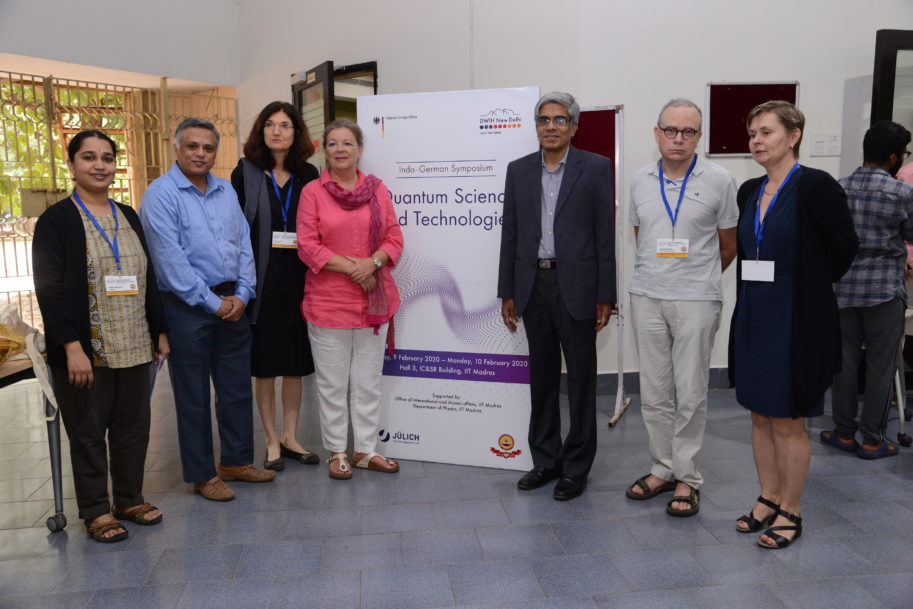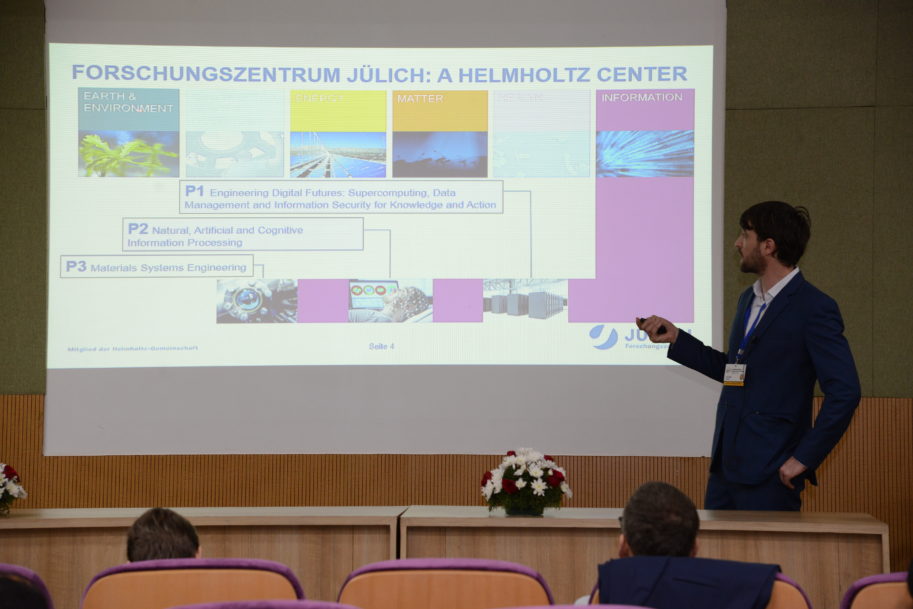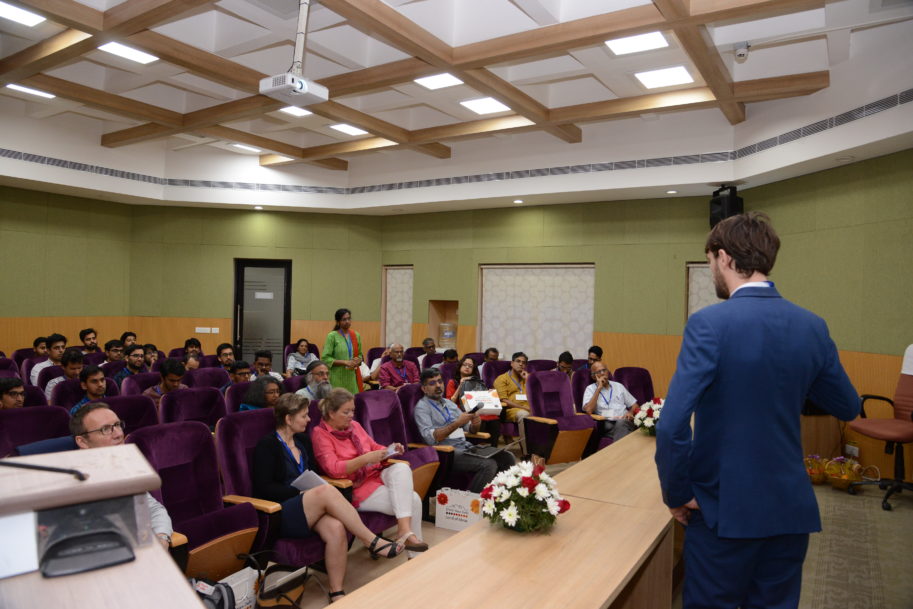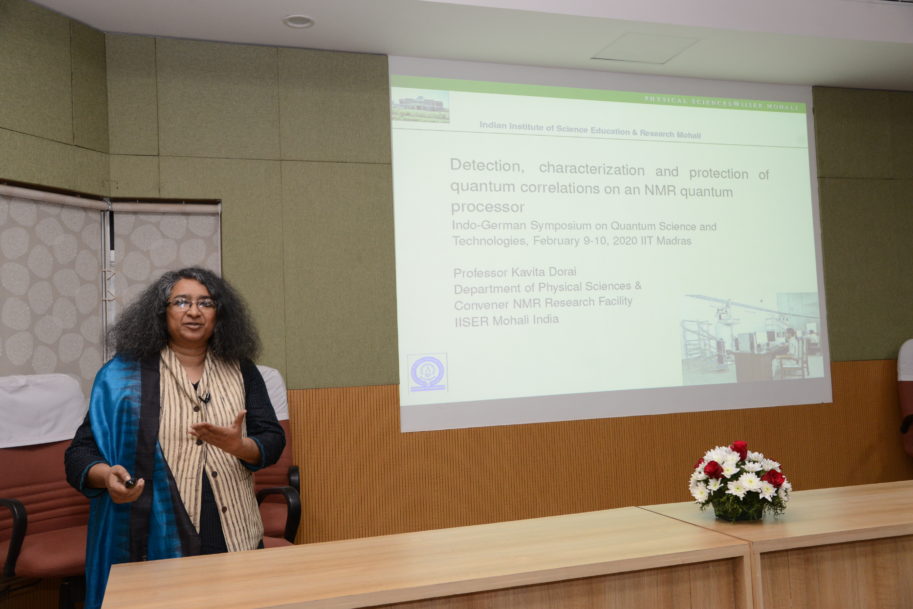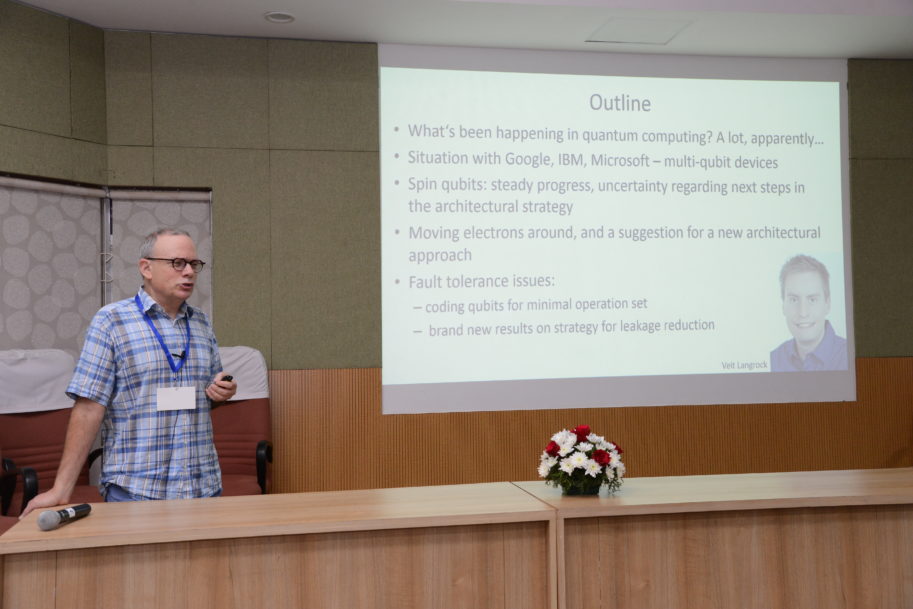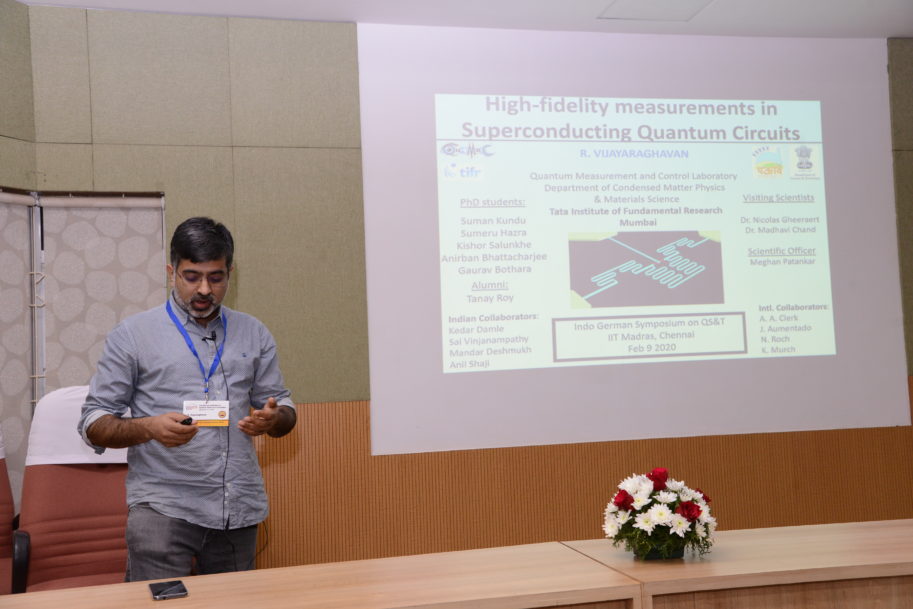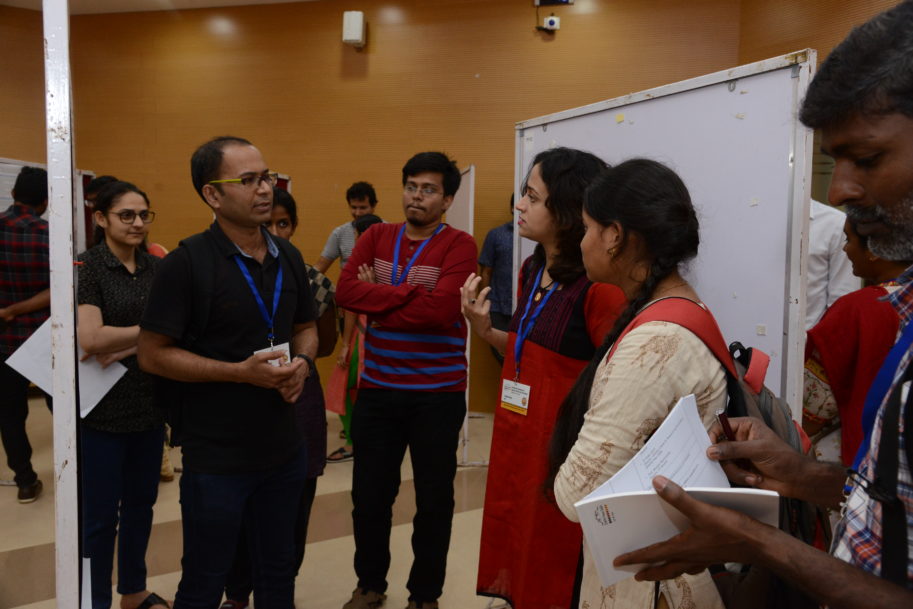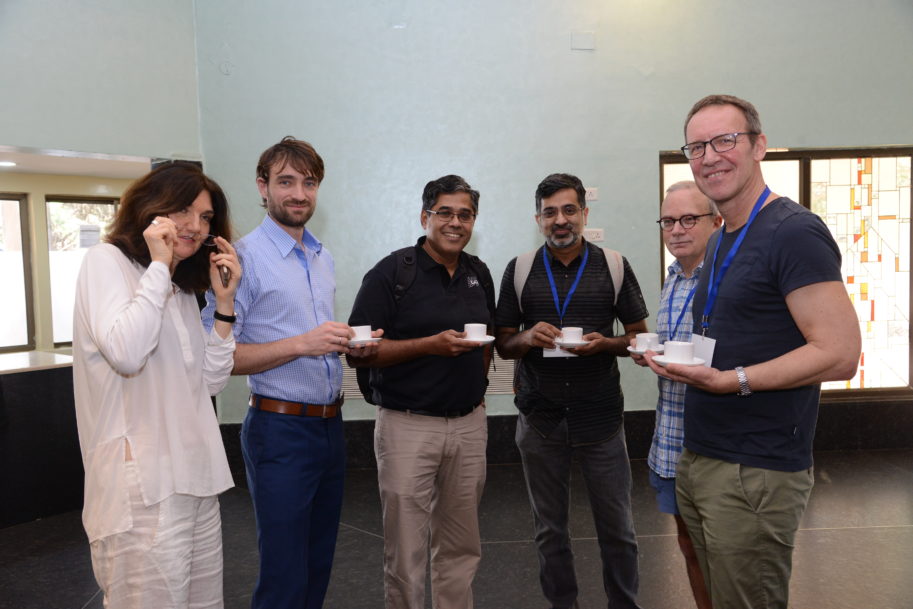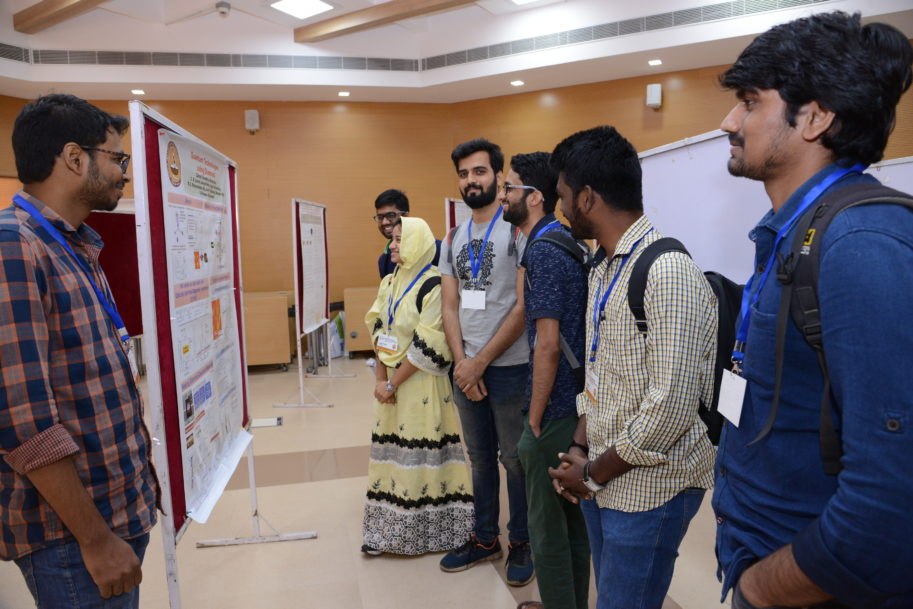Indo-German Symposium on Quantum Science and Technologies
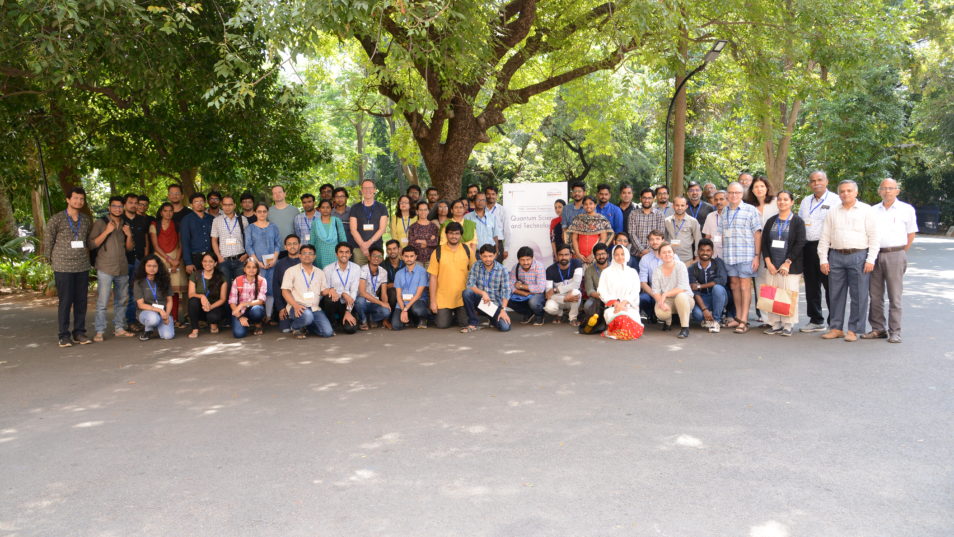 © DWIH New Delhi
© DWIH New Delhi
Event Information
February 9, 2020, 10:00 AM to February 10, 2020, 4:00 PM
Chennai
Organizer(s): DWIH New Delhi, FZ Jülich, IIT Madras
Venue: Hall 3, IC&SR Building, IIT Madras, Chennai
Quantum information science and technologies have taken giant strides over the last decade. For the first time since the advent of quantum theory, it is now possible to build and precisely control very complex, highly entangled quantum states of many particles, and the idea of quantum computing seems well on its way to becoming a physically realisable prospect. In this context, leading researchers in this field from India and Germany will come together for a two-day workshop. The aim would be to identify areas of common interest across the disciplines of quantum computation, quantum information theory and quantum cryptography and discuss possible future roadmaps.
The meeting will have individual sessions on specific topics including, but not limited to:
(1) Quantum Computing Architectures
(Spin Qubits/Superconducting Qubits/NMR and NV-Centers)
(2) Aspects of Quantum Entanglement
(Entanglement growth in physical systems; Measures and Witnesses)
(3) Quantum Cryptography and Communications
(Quantum Key Distribution)
(4) Quantum Error Correction (Topological Codes and noise-adapted QEC)
The workshop will also have panel discussions on the broader goals and research directions to be pursued.
Selected Photos
Speakers
David DiVincenzo
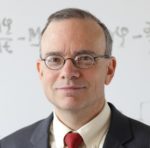
David DiVincenzo is widely considered to be one of the pioneers of quantum computing and an eminent authority on quantum information processing. The “five requirements for quantum computing”, famously called DiVincenzo criteria, have become a guideline for much of the research in quantum computing.
David DiVincenzo was born in Philadelphia, USA in 1959. He obtained his PhD in Electrical Engineering at the University of Pennsylvania, in 1983 followed by a postdoctoral position at Cornell University, Ithaca, USA. From 1985 until 2011, he was a Research Staff Member at the IBM Watson Research Center, Yorktown Heights NY, USA. In 2010, he was granted an Alexander von Humboldt Professorship based on the nomination by RWTH Aachen University, together with the Forschungszentrum Jülich. Since January 2011, he is the director of the Peter Grünberg Institute of Theoretical Nanoelectronics (PGI-2) at FZ Jülich and co-director of the JARA Institute of Quantum Information (FZ Juelich/ RWTH Aachen University).
David DiVincenzo has written more than 200 peer-reviewed research articles. According to Google scholar, he has more than 49,000 citations with a h-index of 74. He is a Fellow of the American Physical Society (APS) and an Associate Editor of the Reviews of Modern Physics (published by APS).
Thomas Schaepers

Thomas Schaepers studied at RWTH Aachen University and Forschungszentrum Jülich where he obtained his PhD in 1992. He is group leader at the Peter Grünberg Institute, Institute for Semiconductor Nanoelectronics, (PGI-9), at Forschungszentrum Juelich. His research group is working on Quantum Transport on Nanostructures. He spent his time as a Post-Doc at Jülich and the Research Lab of Electronics at the MIT, United States, from 1993-1994. From 2000 to 2001 he researched at the NTT Research and Development Center at the Basic Research Laboratories in Atsugi-shi, Japan.
In 2009, he was appointed as an apl. professor at RWTH Aachen University. From 2012 until 2018, he was spokesperson of the Virtual Institute for Topological Insulators (a Helmholtz Virtual Institute). His current research focuses on of quantum bits based on semiconductor nanowires and transport properties topological insulator nanostructures.
David Gross
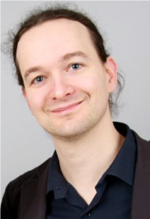
David Gross obtained his PhD in 2008 working on the aspects of quantum information theory under the supervision of Jens Eisert. After a couple of postdoc stints, he was appointed an Assistant Professor at Albert-Ludwig University of Freiburg. Since 2015, he is a full Professor at the Institute for Theoretical Physics, University of Cologne. David Gross also has been appointed as a visiting Professor at the School of Physics, University of Sydney. The research group of David Gross works on the interface between quantum mechanics and other areas of applied mathematics. Their main research interest lies on the application of rigorous mathematical methods to problems in quantum information theory and many-body theory.
Since 2006, David Gross has written more than 60 peer-reviewed papers with many as first or sole author. According to Google Scholar, his work has garnered more than 5500 citations, with an h-index of 35. His highest impact work is on low-rank recovery with more than 770 citations since 2011. David Gross has been elected speaker of the advisory board of the German Society of Assistant Professors. A complete list of references, pdf versions and bibliometric information is available from www.thp.uni-koeln.de/gross.
Jan Timper
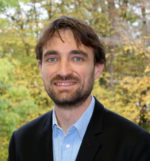
Jan Timper obtained his PhD in 2012 from RWTH Aachen University on DNA-mediated self-assembly of nanoparticles. After a postdoc on in-situ electron microscopy he turned towards science management at the Forschungszentrum Juelich. He has been managing the research programs of Future Information Technology and Supercomputing and Big Data for 6 years. He worked as executive assistant to the board of directors and was invited as scientific advisor to ANSTO, Sydney, Australia in 2016. In 2019 he was appointed head of the Science Office for the Peter Grünberg Institute.
Dr R Vijayaraghavan
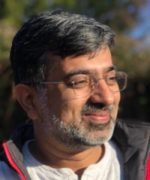
Vijay completed his Bachelor’s degree in Physics from St. Stephen’s College, Delhi University in 1999. He spent two more years at the University of Cambridge pursuing a BA in Natural Sciences before starting a PhD at Yale University in 2001. At Yale, he developed a new measurement technique for superconducting quantum bits. He continued work on improving quantum measurements during his postdoctoral work at the University of California, Berkeley which led to the first observation of quantum jumps and the first demonstration of quantum feedback in a solid state quantum system. In December 2012, Vijay started a new group in TIFR. Some key highlights of the group’s work include development of a broadband ultralow noise amplifier for quantum measurements and a novel multi-qubit processor design.
Prof Anil Prabhakar
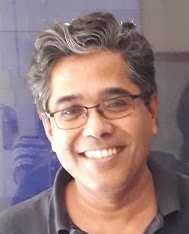
Anil received his PhD from Carnegie Mellon University and spent a few years in the data storage industry, and joined the Dept. of Electrical Engineering, IIT-Madras in 2002. Anil’s research interests in the areas of quantum technologies, have applications in metrology, quantum communication and quantum computing. He was a Founder-Director of QuNu Labs, incubated by IIT Madras, with a focus on enhancing the security of data in transit. An earlier startup that focused on high power fibre lasers, Unilumen Photonics, was acquired by Jiva Sciences.
Prof Arul Lakshminarayan
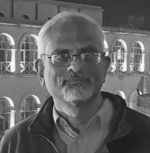
Arul is a theoretical physicist with a Ph. D. from Stony Brook, N.Y. (1993). He was a postdoctoral fellow and later faculty at the Physical Research Laboratory, Ahmedabad, during 1993-2003. He joined the faculty of IIT Madras in 2003. Long-term visiting appointments were at Washington State University, Pullman (1998), IIT Kanpur (2002), and Max Planck Institute for the Physics of Complex systems, Dresden (2007, 2015). Part of his research interests include quantum chaos, quantum information, quantum walks, many-body systems, quantum-classical correspondence, mathematical physics and random matrices. He has about 80 research papers in refereed journals.
Prof Kavita Dorai
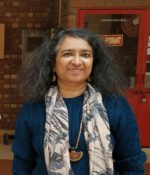
Prof. Kavita Dorai is an NMR spectroscopist working at the interface of Physics, Chemistry and Biology and has contributed significantly to research in NMR Quantum Computing and NMR Metabolomics. She is currently a Professor in the Department of Physical Sciences at IISER Mohali and the Convener of the NMR Research Facility. She is one of the pioneers in India in experimental implementations of NMR quantum computing protocols. Research directions being explored by her group include protection of quantum correlations using dynamical decoupling, novel schemes for quantum state and process tomography, quantum computing using higher-dimensional systems, and experimental exploration of quantum contextuality
Prof Arvind
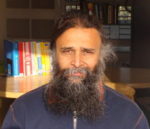
Prof. Arvind is a theoretical physicist with research interests focusing on quantum information theory, quantum optics and foundations of quantum mechanics. He was one of the first scientists in India to start research in the area of quantum computing and quantum information theory.
Prof. Arvind is a professor of physics at IISER Mohali and Coordinator Outreach. He did his BSc Hons(1988) from GNDU, MSc(1990) from IIT Kanpur and obtained his PhD(1997) from the Indian Institute of Science Bangalore. For his research contributions he was awarded the “INSA Young Scientist” Medal in 2000. He was a visiting faculty at Carnegie Mellon University USA and was a faculty member at Guru Nanak Dev University Amritsar and IIT-Madras, before moving to IISER Mohali in 2007 as one of the first faculty members. He has a strong interest in science outreach and in developing pedagogical experiments for Physics teaching laboratories. He is one of the founding faculty members at IISER Mohali and has been Dean (research) (2007-10), Dean (students)(2010-14), Head (computer center)(2007-14) and Director (officiating) (Feb 2019-Aug 2019) at IISER Mohali.
Rajiah Simon
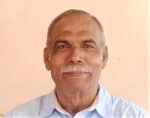
Rajiah Simon is with the Institute of Mathematical Sciences, Chennai. His interests include Classical and Quantum Optics, Geometric Phases, and Quantum Information Science.
Dr C M Chandrashekar
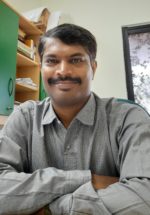
Dr. C. M. Chandrashekar has been a faculty member at The Institute of Mathematical Sciences (IMSc), Chennai from 2015 and also holds Ramanujan Fellowship from the DST, Govt. of India. He is also an Affiliate Member of the Institute For Quantum Computing, University of Waterloo, Canada. His primary research interests are broadly in the area of quantum information and quantum simulations.
Prior to joining IMSc we was a post-doctoral fellow at the University College Cork, Ireland and Okinawa Institute of Science and Technology, Japan. Chandrashekar holds a Ph.D from the Institute for Quantum Computing, University of Waterloo, Canada and M.Sc (Research) from the University of Oxford, UK.
Urbasi Sinha
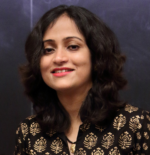
Urbasi Sinha is an associate professor at the Light and Matter Physics group at the Raman Research Institute in Bangalore, India. She joined RRI in 2012 and is now heading the Quantum Information and Computing (QuIC) laboratory at RRI (http://www.rri.res.in/quic/). The lab specializes in experiments on quantum information processing including quantum computing and quantum communication, primarily using single and entangled photons. She is also an associate faculty member at the Institute for Quantum Computing (IQC), University of Waterloo, Canada, and the Centre for Quantum Information and Quantum Control, University of Toronto, Canada.
In recognition of her scientific achievements as well as outreach activities, she was awarded the Homi Bhabha Fellowship in the year 2017 and has been named the recipient of the 2018 ICTP-ICO Gallieno Denardo Award in Optics. She was most recently recognised as one of Asia’s Top 100 scientists by the Asian Scientist for the year 2019.

